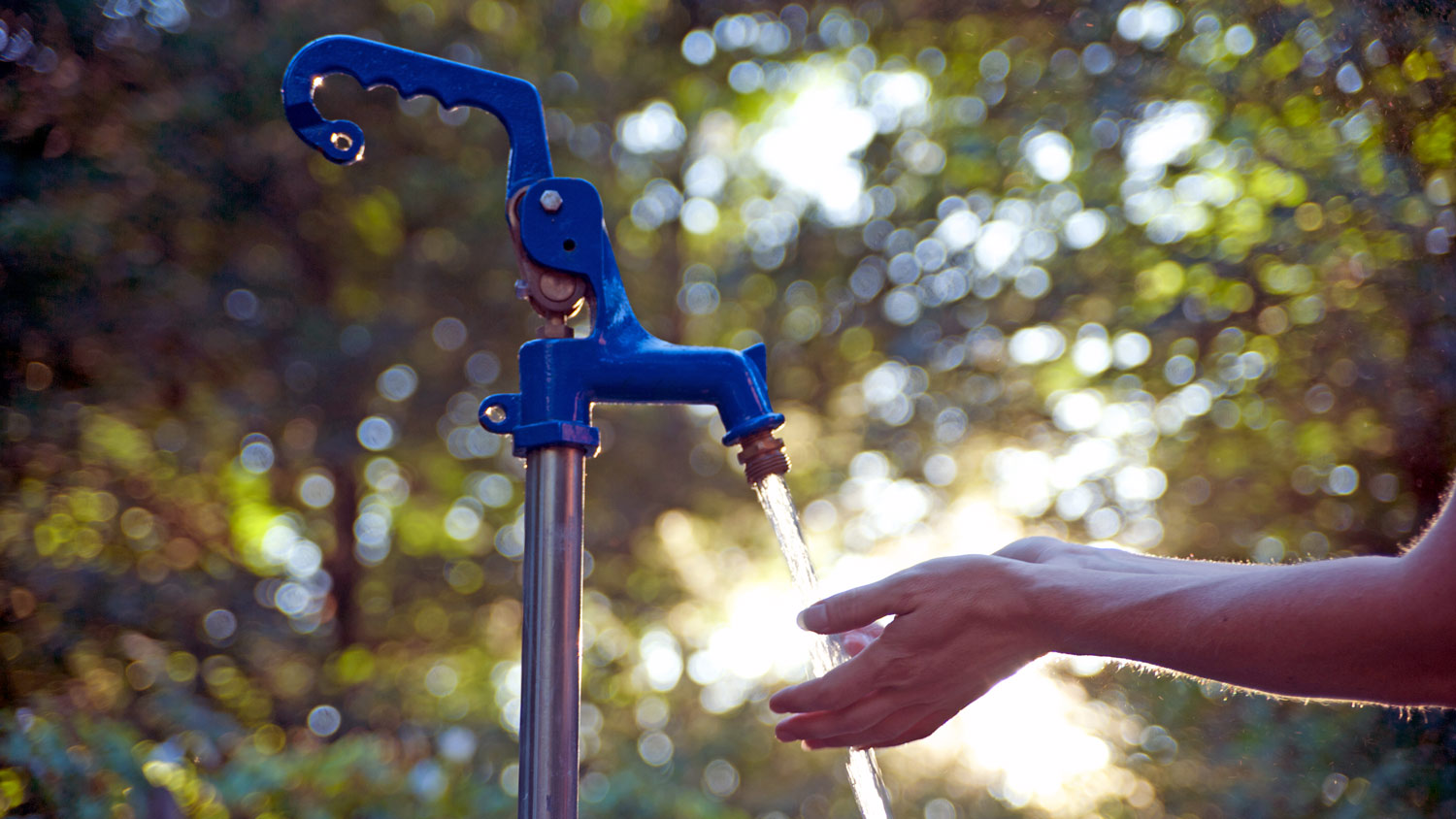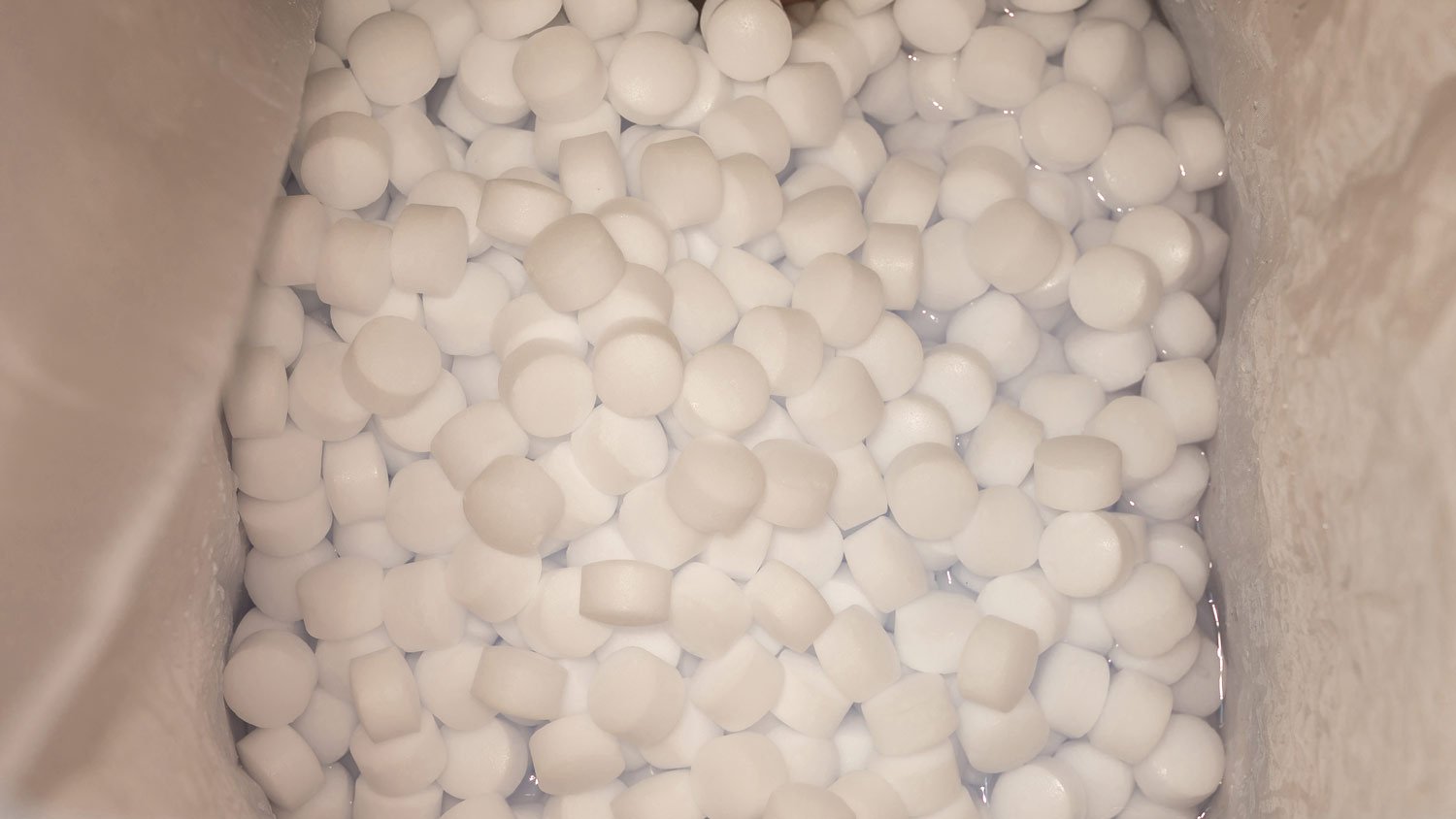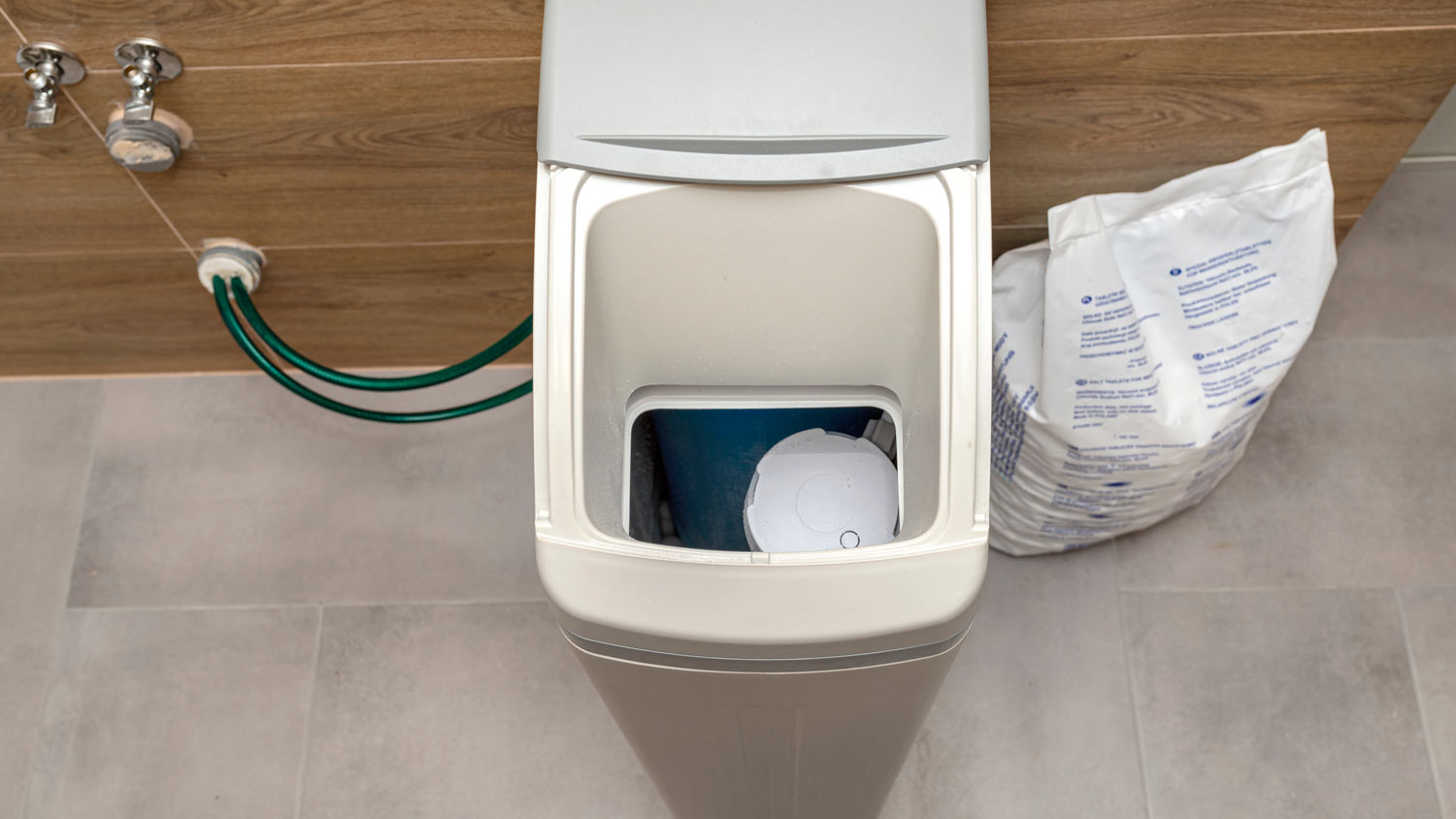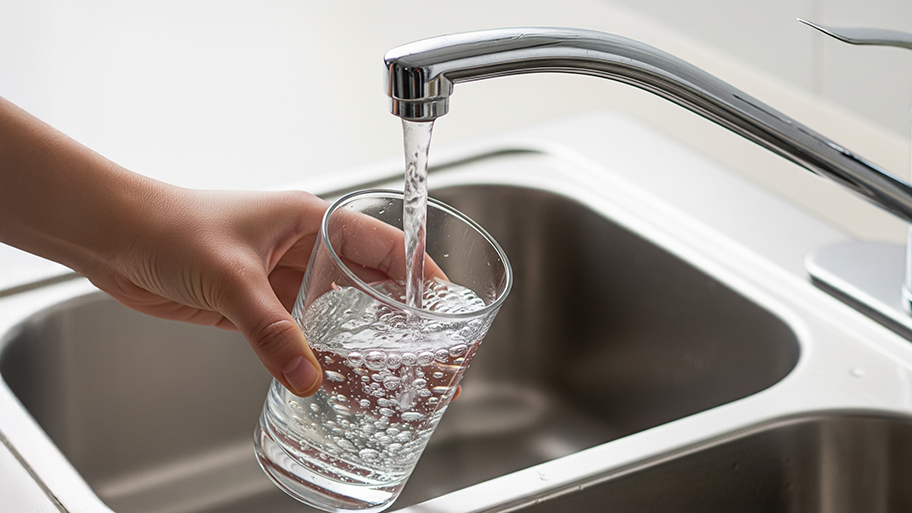
Discover how much well water treatment systems cost, including installation, maintenance, and tips to save. Get expert insights to plan your water system project.
Your water softener can regenerate anywhere from several times a day to once every two weeks


Most water softeners regenerate every few days, but some units regenerate every two weeks.
Water with higher mineral content will trigger more frequent regenerations.
Tank size can also impact regenerations. Larger tanks can go longer between cycles.
Water softeners over 15 years old, which can be less efficient, take longer to regenerate.
The regeneration process takes 70 to 120 minutes.
A water softener removes hard minerals from your water, and while this process happens largely behind the scenes, a lot goes into a water softener system to make your tap cleaner and healthier. Through a process called regeneration, your water softener cleans itself and maintains soft water. If you’re wondering just how often a water softener regenerates, well, it depends on many factors, so let's jump into it.
Water softener regeneration uses salt to flush out minerals that the system removed from your hard water. After days of filtering out magnesium and calcium ions from hard water, the bed of resin that your water softener uses to capture the ions becomes oversaturated and needs to be regenerated to continue trapping ions from hard drinking water. The system creates a saltwater concoction called brine to flush the ions and replace them with sodium.
Once the regeneration or recharge cycle is complete, the system returns to baseline until it undergoes another regeneration process.
A water softener should generate pretty regularly, which is a sign that it is working efficiently to remove those hard minerals from your water. Most water softeners regenerate at least every two to three days or as often as multiple times per day.
But not all water softener models work the same way. In fact, some may take one or two weeks per regeneration cycle. Aside from the type of water softener you have, other factors can also impact the regeneration cycles, from how hard your water is to how much of it your family uses each day.

A higher demand for water means more hard water gets filtered through your water softener. This in turn increases how often your water softener regenerates as it works harder to clean the resin bed from hard minerals.
What size water softener you have can impact the frequency of the regeneration cycle. Resin tanks with a higher capacity can naturally handle a larger load of mineral deposits before needing to be flushed out.
Your water softener’s control valve is responsible for determining when it's time to recharge. Some control valves automatically sense when your water softener’s resin bed has reached its capacity and kick the recharge cycle into action. Other control valves have a timer and recharge according to the settings. For example, a manual control valve may have settings for recharging once per week.
Harder water means your resin beads will collect more hard minerals in a shorter period of time as they work to filter out the minerals. This increases the regeneration frequency.
What’s in your water also plays a role in how often your water softener regenerates. Hard water that contains chlorine may eventually erode the inside of your water softener and decrease its capacity for holding minerals. Your system may regenerate more frequently as a result. If your water contains high levels of iron, then the system will also need to recharge more frequently.
The type of water softener can make a difference in the regeneration process. Single-tank water softeners may have different regeneration times than dual-tank water softeners, which utilize two resin tanks for uninterrupted cycles. Dual-tank softeners can handle more water between the regeneration cycles and may regenerate less frequently as a result.
Your water softener's life span plays another role in how often it should regenerate. Older water softener systems, especially electric ones, lose their capacity as they age and need to regenerate more frequently. If your water softener is over 15 years of age, then it may be time to replace it with a more efficient water softener.

The water softener regeneration process takes anywhere from 70 to 120 minutes to complete. During this time, around 25 gallons of water are used to complete the process.
The water softener regeneration process needs salt to work properly, and homeowners can expect to spend $10 per month on a 40-pound bag of salt to refill the water softener brine tank used for regeneration. If you use potassium chloride instead of sodium, the cost is closer to $50 to $70 per month. You won’t have to replace water softener resin for five to 10 years, but when that time comes, you’ll spend $200 to $400 to replace it. Other water softener repairs cost $160 to $975.
If your water softener is not regenerating frequently enough—or it won't stop regenerating—then it's important to troubleshoot your water softener to prevent water softener replacement costs.
If your water softener won't regenerate or isn't regenerating at its usual pace, several things may be happening, including the following:
Change in water demand: A decreased water demand may decrease your water softener’s need to regenerate.
Empty brine tank: If you have a clogged drain line or you’ve run out of salt and forgot to replace it, these can cause your brine tank to remain empty.
Changed timer: If you accidentally change the settings on a scheduled regeneration schedule, it can take longer for the control valve to begin the regeneration process.
Although it's unlikely, sometimes a water softener won't stop regenerating. If your softener is stuck in the regeneration cycle, then there is likely a clog somewhere in the system. Inspect the drain line and valves, look for blockages, and check for low water pressure to see what might be causing the problem.
For any ongoing problems, it's a good idea to contact a water softener specialist near you to troubleshoot your water softener.
Allie Ogletree contributed to this piece.
From average costs to expert advice, get all the answers you need to get your job done.

Discover how much well water treatment systems cost, including installation, maintenance, and tips to save. Get expert insights to plan your water system project.

On average, a reverse osmosis water filter costs around $2,200, but there are a few variables that impact the total price. Learn about them in this guide.

Wondering about water treatment system costs? Learn average prices, key cost factors, and ways to save on installation and maintenance for your home.

For a water softener to work properly, it needs to be just the right size. If you need help figuring out how to size a water softener, this guide can help.

Removing a water softener for repair or replacement requires a few tools but a lot of skill. Learn how to remove a water softener like a pro with this guide.

Though distilled water is a type of purified water, there are a few differences. Stay tuned to learn more about these water types.